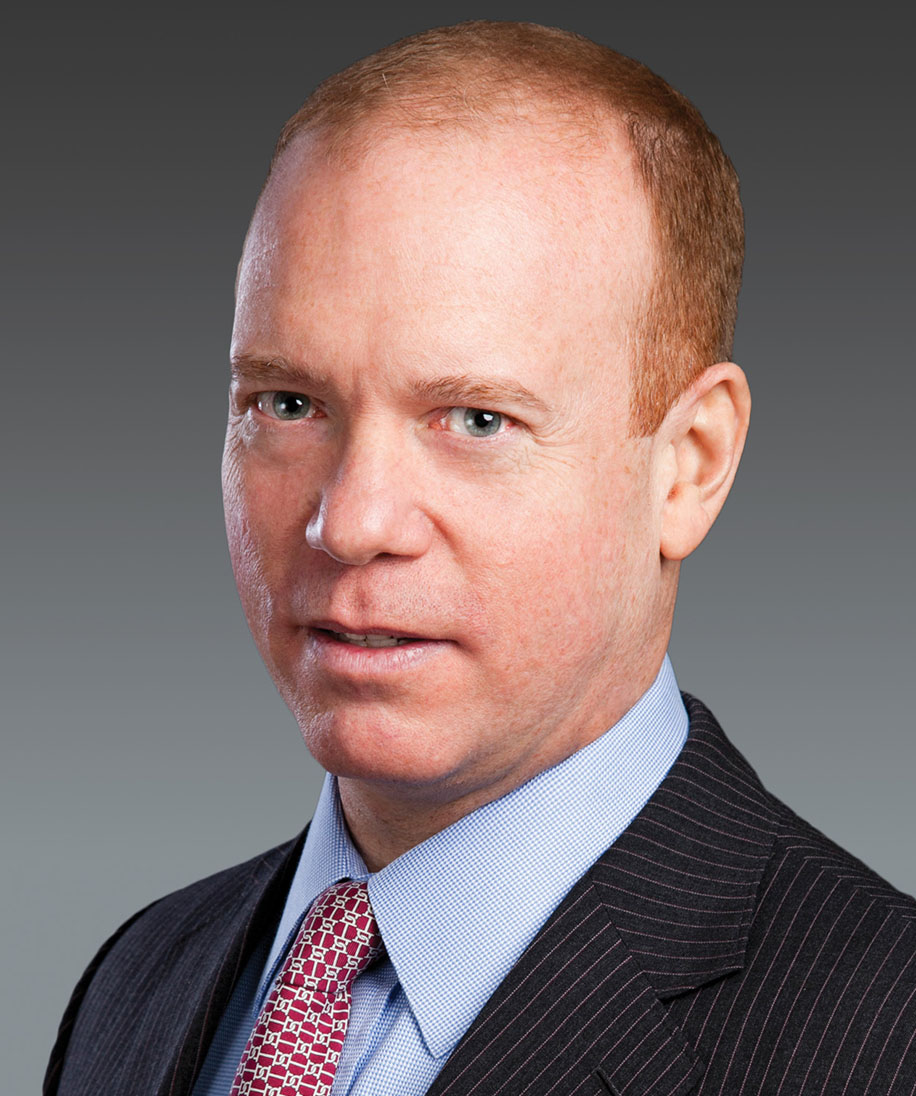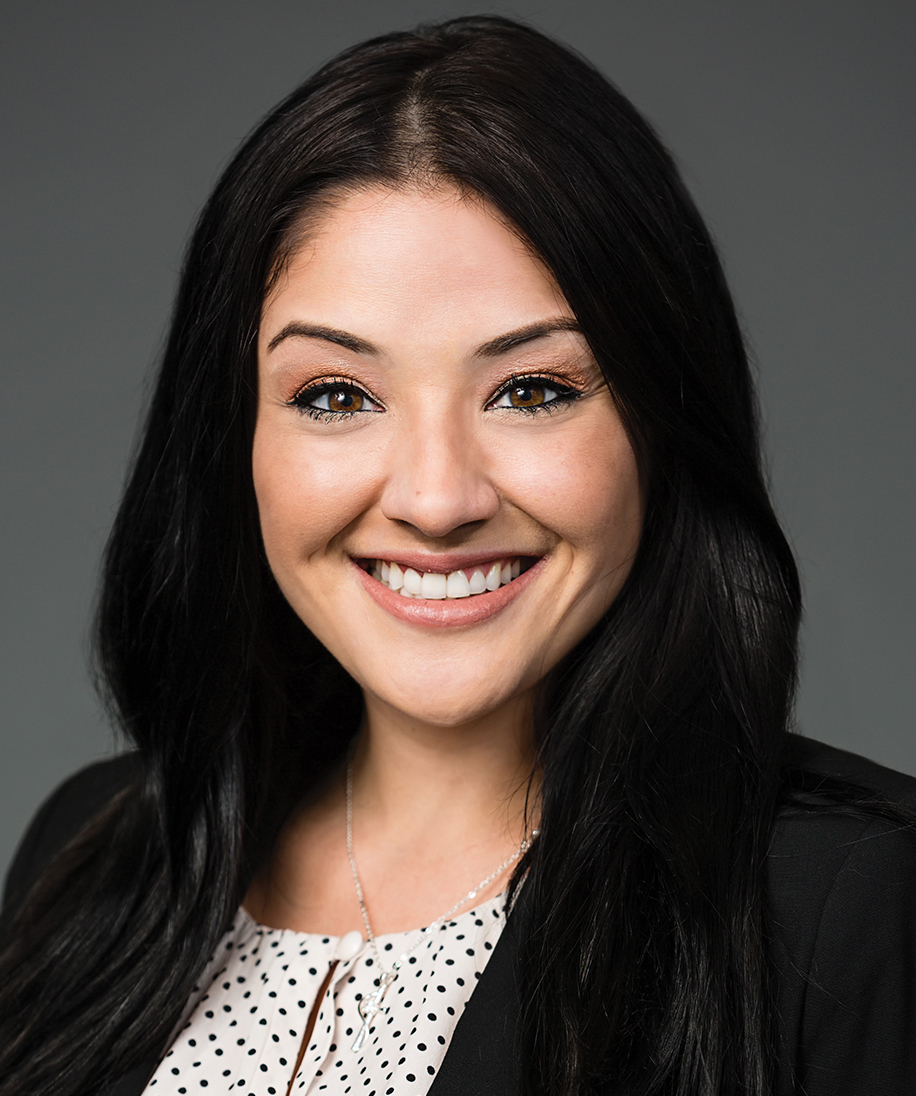Client Alert
Another Life Sciences Company Announces a Multi-Million Dollar Settlement in the U.S. Department of Justice’s Relentless Pursuit of Donations to Copay Assistance Charities
June 19, 2018
By Gary F. Giampetruzzi, Jane H. Yoon & Jessica Montes
On June 6, 2018, H. Lundbeck A/S announced that its subsidiary, Lundbeck LLC (“Lundbeck”), has reached a $52.6M agreement-in-principle with the U.S. Attorney’s Office for the District of Massachusetts (“USAO-MA”) to resolve an investigation into its donations to independent copay assistance charities. This announcement comes over three years after the USAO-MA launched an industry-wide investigation into manufacturer donations to charities providing copay assistance to federal healthcare program beneficiaries, and this is the fifth company in the last nine months to announce a finalized resolution or agreement-in-principle to resolve an investigation with this office. As reflected by public disclosures, at least nine other pharmaceutical manufacturers and three dialysis service providers remain under investigation. As the list of resolutions grows longer, life sciences companies should assess, or reassess, their policies, procedures, and monitoring regarding donations to copay assistance charities.
The federal Anti-Kickback Statute prohibits, among other things, offering any remuneration to a person in order to induce that person to order any federally reimbursable item. As a result, manufacturers do not provide copay assistance to federal program beneficiaries to help defray their drug costs. With certain conditions, manufacturers are permitted, however, to donate to independent charities that offer copay assistance to federal program participants—so long as those charities are in fact independent from their donors. And therein lies the rub. The Office of the Inspector General for the Department of Health and Human Services (“HHS-OIG”) has warned manufacturers against interfering with charity independence, but under what circumstances has a charity maintained its independence, and what features of manufacturer donation programs are suggestive of improper purpose? Where the guidance articulated general principles, recent resolutions are beginning to provide more and more color on these issues.
As with other announcements of agreements-in-principle, as opposed to finalized resolutions (when detailed settlement agreements and Corporate Integrity Agreements become available), there is necessarily limited information available concerning the facts and circumstances of the Lundbeck investigation. For now, we generally know that Lundbeck’s agreement-in-principle resolves a USAO‑MA “investigation related to Lundbeck LLC’s relationship and donations to independent patient assistance charitable foundations.”[1] Per a 2017 Annual Report, the USAO-MA issued the company a subpoena in May 2016.[2] The subpoena related to “an investigation of payments to charitable organizations providing financial assistance to patients taking Lundbeck Products” and to sales and marketing practices for two drugs. Lundbeck has not disclosed any other terms, but the press release notes Lundbeck will not make any admissions as part of the agreement, which suggests that the allegations around its donations will be resolved on a civil-only basis, consistent with the other resolutions to date concerning these issues.
Lundbeck’s announcement comes only two months after Jazz Pharmaceuticals (“Jazz”) publicly disclosed that it has also reached a $57M agreement-in-principle with the USAO-MA to settle a similar investigation.[3] According to the filing, the USAO-MA issued three subpoenas to Jazz pursuant to the investigation, beginning in May 2016. The first subpoena related to Jazz’s “support of 501(c)(3) organizations that provide financial assistance to Medicare patients” and provision of financial assistance to Medicare patients taking Xyrem, the company’s narcolepsy drug. A second subpoena in October 2016 apparently updated and specified these initial requests, and the third, February 2017 subpoena focused on a specific charity “that established a fund for narcolepsy in January 2017.” While Jazz did not disclose the name of this charity, various news outlets have reported that Jazz donated funds to Caring Voice Coalition (“CVC”).[4] In December 2017, HHS-OIG took the unprecedented step of rescinding CVC’s favorable advisory opinion letter due to non-compliance, and the charity ceased providing copay assistance in 2018.
While the specific allegations being resolved in the Lundbeck and Jazz resolutions are not yet publicly available, the settlement papers that have been released in other resolutions provide insight into what to expect. The first resolutions in the USAO-MA’s probe occurred late last year with Aegerion Pharmaceuticals’ (“Aegerion”) $35M resolution in September 2017 and United Therapeutics’ (“United”) $210M resolution in December 2017. According to the respective civil settlement agreements, each company allegedly used an independent copay assistance charity to defray Medicare patients’ out-of-pocket expenses for their drugs and thereby shielded those patients and their physicians from drug price sensitivity. Aegerion allegedly carried out this plan by donating funds to a Patient Services Inc. disease fund created at its request, and by participating in establishing the patient eligibility criteria for that fund. With respect to United, the company allegedly transferred financially needy Medicare patients away from the company’s free drug program to CVC while permitting other financially needy patients to take advantage of the program. United also allegedly used data obtained from CVC to perform return-on-investment analyses, which would have suggested a breach of the charity’s independence and a commercial purpose behind the donations. In fact, in each finalized resolution, the government has called into question both the independence of the charities and the true purpose of the donations at issue.
HHS-OIG has entered into Corporate Integrity Agreements (“CIA”) with all companies that have reached a final resolution in the USAO-MA’s investigation. Each CIA enumerates detailed requirements imposing significant compliance program enhancements around interactions with, and donations to, independent copay assistance charities. In light of these detailed agreements and the relatively rapid succession of resolutions, all life sciences companies would be well-served to ensure that their compliance programs have robust policies, procedures, processes, and monitoring around donations to these charities. To that end, some considerations include:
Structure. In all final resolutions to date, HHS-OIG has required each company to vest sole authority over donations and related activities in an “independent charity group.” The independent charity group is required to operate independently from commercial, from budgeting the donation amount through the donation process itself. Precisely what HHS-OIG means by “commercial” in each CIA varies, and while the term is not clearly defined at times, this term seems intended to capture sales and marketing.
Communications with Independent Copay Assistance Charities. Apart from the threshold question of who within the organization should be interacting with copay assistance charities, what should these communications concern? If a third party vendor is communicating to patients, providers, and other caregivers about copay assistance, what are the rules around those communications? Finally, charities provide feedback to their donors, and companies should know what they are receiving, who is receiving it, and what is being done with it. Regulators have made clear that these communications should not enable manufacturers to correlate donations to product sales.
Monitoring and Auditing Your Donations Programs. The CIAs in this probe demonstrate that the federal government expects monitoring and auditing of donations to independent copay assistance charities to be an essential part of life sciences companies’ compliance programs. In fact, two of the finalized resolutions to date require the companies to create an “Independent Charity PAP review program” through which each company must annually audit a portion of donations.
Evaluating and Defending Your Patient Assistance Program. With many of the more sizeable multinational pharmaceutical manufacturers having faced government scrutiny around their patient assistance programs, and prosecutors being so focused on them, it would be reasonable to expect that additional companies, including smaller ones, whose programs may look very similar to the ones that have already faced such scrutiny, may come under the government microscope. As such, companies should assess their programs against the DOJ’s February 2, 2017 Evaluation of Corporate Compliance Programs, which is the latest guidance from the DOJ’s Fraud Section addressing expectations for corporate compliance programs through “common questions” it considers in evaluating a compliance program during a criminal investigation. Against this backdrop, it is likely time for all companies to consider a proactive assessment of their patient assistance program risks, and how they might defend against any scrutiny.
[1] H. Lundbeck A/S, Press Release, Lundbeck reaches voluntary agreement in principle with U.S. Department of Justice (Jun. 6, 2018), http://investor.lundbeck.com/releasedetail.cfm?ReleaseID=1069522.
[2] H. Lundbeck A/S, Annual Report 2017, at 49, available at http://files.shareholder.com/downloads/AMDA-GGC00/6299717352x0x970680/584B2099-2A8B-4A32-B12D-3E9214B07A78/ANNUAL%20REPORT%202017.pdf.
[3] Jazz Pharmaceuticals, Form 10-Q for the Quarter Ended March 31, 2018, at 68 (published May 8, 2018), available at http://services.corporate-ir.net/SEC.Enhanced/SecCapsule.aspx?c=210227&fid=15625057.
[4] See, e.g., Robert Langreth and Ben Elgin, Drug Charity May Shutter after U.S. Faults Pharma Influence (Nov. 29, 2017), https://www.bloomberg.com/news/articles/2017-11-29/pharma-charity-may-shut-after-u-s-faults-drugmakers-influence.
Practice Areas
For More Information


